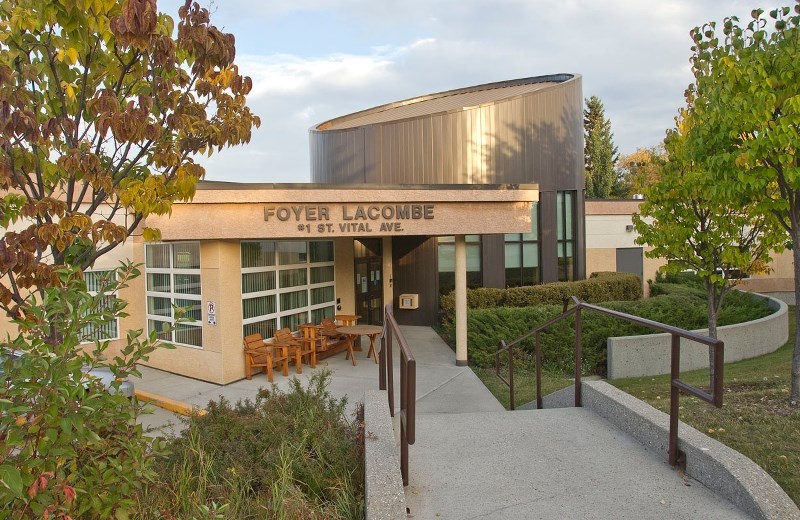If there was more than one hospice bed in St. Albert, maybe another family wouldn't have to go through the emotional turmoil Carolyn Terpsma's did.
Two years ago on Thanksgiving, Terpsma's mother was admitted to the Sturgeon Community Hospital. Her breast cancer had spread to her brain. The only hospice bed available was at Youville Home.
Staff at Youville Home "did the best they could with what they knew," explained Terpsma, but they did not have the staff or training to provide the specialized palliative care nor environment of a proper hospice.
"It was a very terrible death. In that state you need the right people there and it just wasn't there. I don't want any other family to go through that," she said.
"It's all about comfort, helping the family and making it as pleasant of an experience as you possibly can. Somebody (from the family) had to be there around the clock because they just didn't understand. It was a big burden on our family."
Terpsma is pleased with the provincial government's recent announcement of 464 continuing care spaces being opened up across Alberta.
Of those, 149 spaces have been designated for the Edmonton zone. That includes 22 long-term care and hospice beds at Foyer Lacombe, a home for retired priests and brothers operated by the Missionary Oblates of Mary Immaculate (OMI).
"We currently have more than 700 acute care spaces – roughly the equivalent of three hospitals – being used by Albertans who are patiently waiting for placement in continuing care," said Minister of Health Stephen Mandel, at the announcement.
As part of the first phase of the Continuing Care Capacity Plan, Alberta Health Services will open up continuing care spaces over the next year, that are currently unfunded or understaffed.
Officials from Foyer Lacombe had not been made aware of the province's plans when the Gazette spoke to them.
The announcement seems premature, said Rob Meilleur, chief administrative officer with OMI Lacombe Canada when contacted in Ottawa on Friday.
"We have meetings coming up in the next month to see if that is a possibility. We are still very much in initial discussions."
The proposed beds would be located in Foyer Lacombe's newest wing, which was scheduled for closure by Jan. 1, 2015.
OMI made the announcement in late September, citing low occupancy rates and the high cost of private health care as reasons for the closure. The older wing will continue to house independent living residents.
Long-term care or hospice beds would be a good fit for the space at Foyer Lacombe, said Meilleur, if that is the direction it chooses to go.
Alberta Health could not reached for comment before press time.
Urgent need for hospice beds
Sharon Cochrane, chair of communications for the St. Albert Sturgeon Hospice Association (SASHA), hopes all of the 22 beds at Foyer Lacombe will be designated for hospice care.
"We need this right now. Right now, today," she said.
The Edmonton zone is currently 35 beds short of the Alberta Health Services recommended 100 hospice beds for the region, explained Cochrane.
The medical advisory committee of SASHA did a survey and found that 22 palliative patients were admitted to the Sturgeon Hospital during the month of June. At any given time at the Sturgeon, there are three to four palliative patients occupying acute care beds.
SASHA has collected 2,000 signatures for a petition in support of a residential hospice space for St. Albert and Sturgeon County, which they plan to send to local politicians.
Volunteers were surprised just how many people have a personal connection to palliative and hospice care, said Cochrane.
"They said St. Albert is a great place to live, but a horrible place to die."




